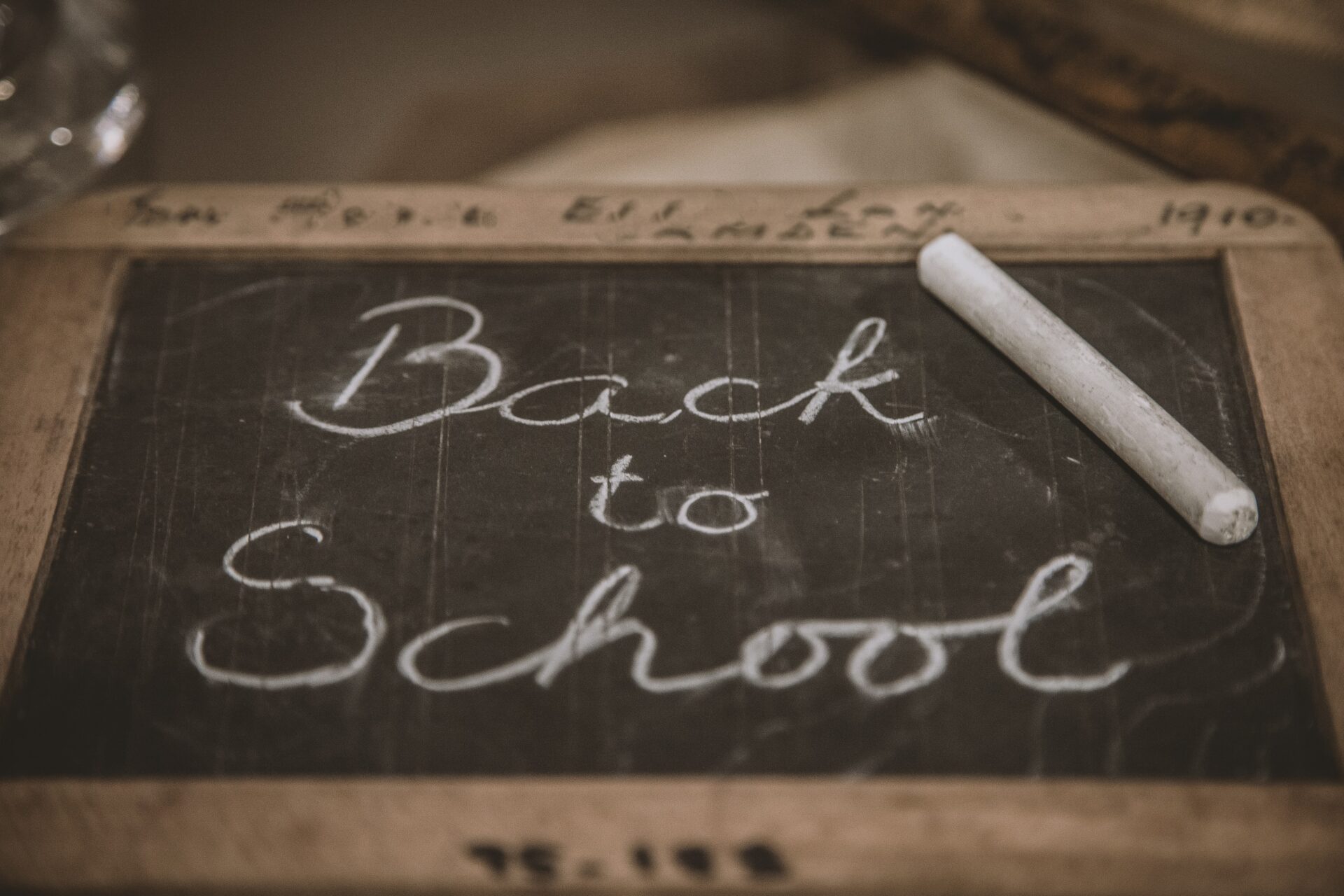Dealing with back-to-school anxiety

Anxiety over going back to school can affect both parents and children.
While as a parent you are managing practicalities such as school uniform, the household, the logistics of school runs and work commitments, the feelings of nervousness and anxiety that build up in some children can sometimes be overlooked.
After a long summer break children have become accustomed to lazy mornings, treats and a lack of routine. They may have several worries around returning to school: being away from you, having new teachers, being able to keep up with the work and anxieties around relationships with friends.
Support your child in the run-up to school
Have an informal chat with your child about whether they are looking forward to going back to school. They may say no because they just prefer holidays – you needn’t put the idea in their head that there is something to worry about!
If they have any worries, listen and offer empathy and support; talk about what is concerning them, and think of solutions together about how they could manage situations. Focus on the positive aspects of school, providing encouragement and getting them to talk about the things they like about the school day. You could ask your child to write a list of what they are looking forward to going back to school.
Build confidence
Key to helping children feel at ease about starting their new school year is to build their confidence by offering specific praise and, most importantly, being a great listener. When children know they can share their worries, and their parents will listen, they go to school with the parents’ calm, steady voice in their heads feeling reassured.
Remember that what might feel trivial to you, may be a big worry for your child, so be careful not to dismiss worries. It’s also ok to be sad that the summer is ending and ok for you to say that you are sad about it too.
For primary-school-aged children, have short, relaxed chats about positive memories of school – when a teacher was especially kind, fun things they have done with friends – so that they remember that school is a positive experience.
Look after the basics
Getting back into a routine can make a huge difference to your child’s anxiety. Ensure they are getting enough sleep and returning to term-time sleep patterns. Go back to regular healthy eating schedules and include physical exercise so that they sleep well.
Get ready together
Make fun jobs of getting ready for school together – prepare by organising equipment, stationery, lunch and school bag.
If school has informed you about changes to the school day – make sure you pass these on to your child so that they know what to expect and what will be different to last year. Unknowns can be scarier than knowns.
One lovely suggestion on those first days back is to give your child a little reminder that you are thinking of them. This might be a sticker or toy in their lunchbox, but our favourite idea is to draw something very simple on your child’s wrist or the back of their hand – perhaps a smiley face or even just a coloured dot – to remind them you are ‘with’ them through the day.
Once school has started
Give your child time and space to talk about their school day and any worries. This may always seem to happen at bedtime which can be frustrating but it’s important to listen.
If your child is going to a new school, be prepared for it to take some weeks for them to settle in – and bear in mind that most children are happy as soon as they are out of your sight and with their friends!
When to take it further
If your talks bring to light serious concerns about bullying or worries about inappropriate behaviour from fellow pupils, follow this up with the school.
Lastly, if you are worried that your child is more anxious than is normal and this persists after returning to school, consider talking to school or your GP about getting help. If your concerns are around how they learn and this is causing anxiety, speak to the teacher, and check our website for advice on getting your child diagnosed with Specific Learning Differences (SpLDs).
Useful links
www.nhs.uk/every-mind-matters/coronavirus/going-back-to-school-or-college/
www.priorygroup.com/blog/managing-children-s-fears-around-returning-to-school – this is a useful video that was recorded for the 2020 return


